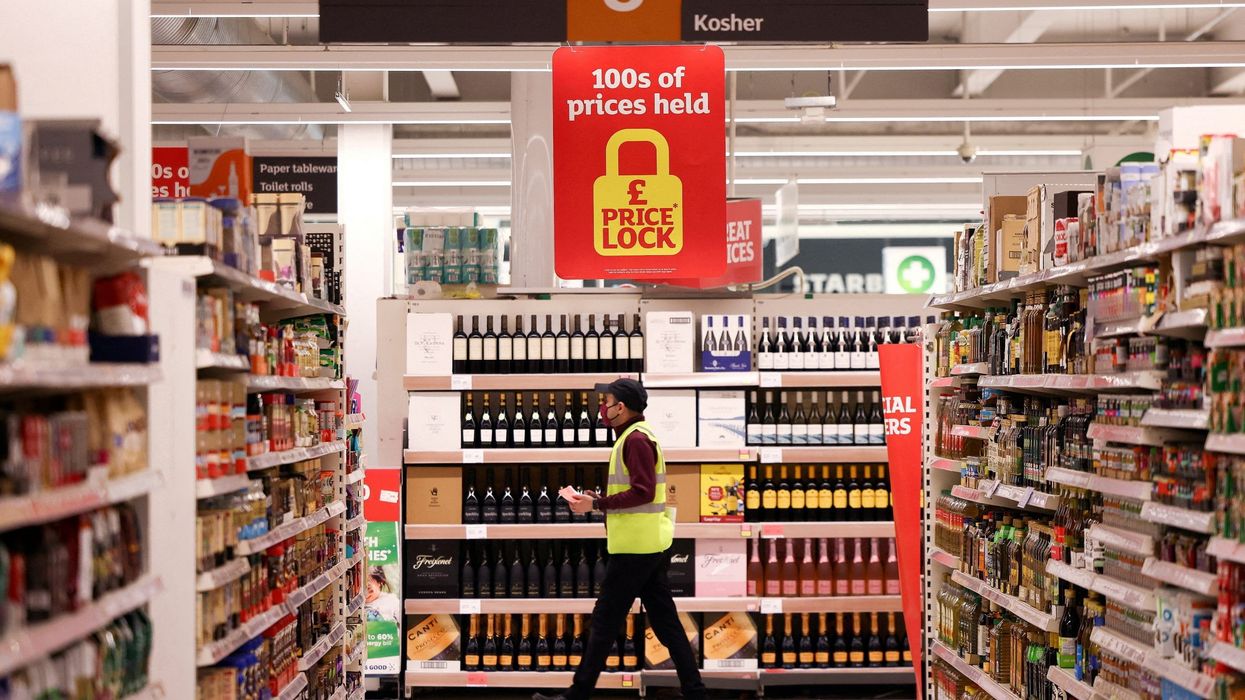Chancellor Jeremy Hunt announced his intention to express concerns about the significant increase in food prices and explore potential solutions to alleviate the burden on families during his scheduled meeting with food manufacturers on Tuesday (23) his office said in a statement.
"High food prices are proving stubborn so we need to understand what’s driving that," Hunt said in the statement released by the Treasury on Monday.
Hunt scheduled a meeting with the food manufacturers, following Prime Minister Rishi Sunak's recent food summit which aimed at fostering growth, innovation, and sustainability within the sector.
This meeting takes place several weeks after the summit, which saw the participation of farmers, suppliers, retailers, and industry bodies.
Additionally, Hunt intends to meet with the Competition and Markets Authority (CMA), the country's watchdog, considering their commitment to intensify investigations into grocery prices.
The CMA's renewed focus on this matter comes as food prices reached a 46-year peak in March.
According to official data, food prices in Britain experienced a significant increase, reaching 19.1% higher in March compared to the previous year.
This surge marked the largest rise of its kind since August 1977.
Also, industry data revealed that grocery inflation stood at 17.3% in April, further emphasising the ongoing upward trend in prices within the sector.
"Food inflation disproportionately affects low-income households, who spend more of their income on food and are less able to swap what they would usually buy for cheaper alternatives," the statement said.
The Treasury has announced that the government will consider revising pricing rules once the CMA review is completed.
Separately, a committee of British lawmakers is conducting an investigation into the fairness of the country's food supply chain. The committee aims to understand the reasons behind the high prices faced by households and assess the overall fairness within the industry.
“We believe food and drink price inflation is close to its peak, and food and drink manufacturers will continue to work hard to keep prices as low as possible,” Britain’s Food and Drink Federation CEO Karen Betts said in the Treasury statement.
(Reuters)




